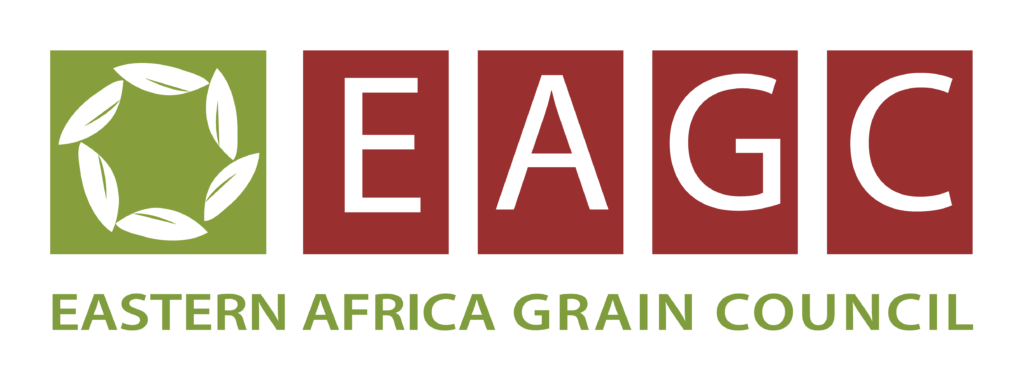The Grain Business Institute in partnership with the IOWA State University held a Grain Sampling, Testing and Grading training in Malawi from the 27th June to 19th July, 2022. The training was a hybrid of theory and practical sessions, with a two-weeks online theory session and two-days practical session.
The practical sessions were held at Sogecoa Golden Peacock Hotel in City Centre and at the National Smallholder Farmers’ Association of Malawi in Kanengo.
The training attracted 11 participants from Demeter Agriculture Limited – an integrated certified seed producing company; Commodity Services Limited involved in among other services grain storage operations; and Tradeline Corporation a grain and other agricultural commodities exporter in Malawi. The training was geared towards equipping the trainees with grain sampling, testing and grading skills and strengthen their capacities on grain storage including warehouse management, grain standards and handling grading equipment in accordance to Malawian standards.
Some of the topics covered in the online theory sessions include grain quality standards, determination of grain grades, grain sampling procedures, methods and equipment, testing and grading, mycotoxin detection and quantification and maintaining grain quality and quantity after harvest, after which the trainees were subjected to a test.
The trainees were taken through illustrations and practical sessions of sampling bagged grain; obtaining representative sample and working sample; packing and labelling samples; storing samples; preparing sampling reports; determining physical defects; obtaining defective grain; determining moisture content; handling basic sampling and testing equipment and finally the actual sampling, testing and grading .
The trainees are anticipated to adopt and utilize the knowledge and skills acquired to improve the compliance of standards which is a requirement and instrumental in promoting structured trade. The training will go a long way in eliminating unstructured trade that leads to increased commodity price due to the presence of middle-men in the sector, increases transactional costs and promotes leniency in the enforcement of standards.

